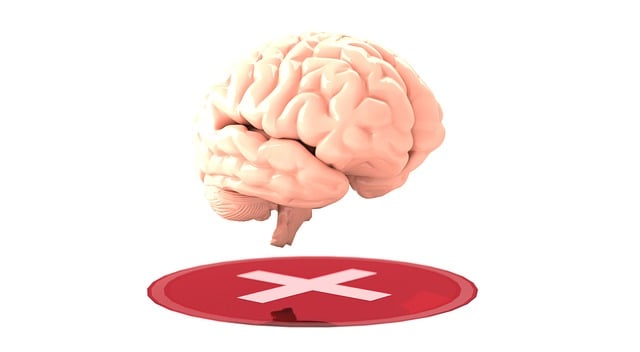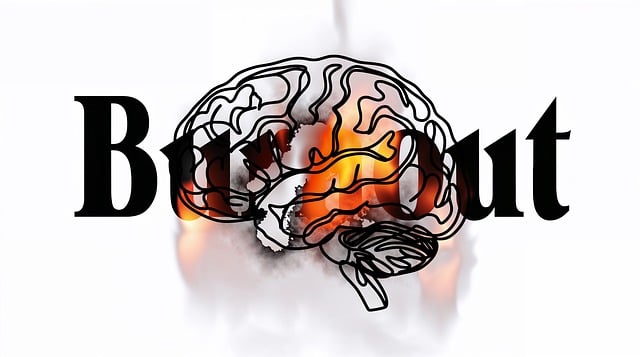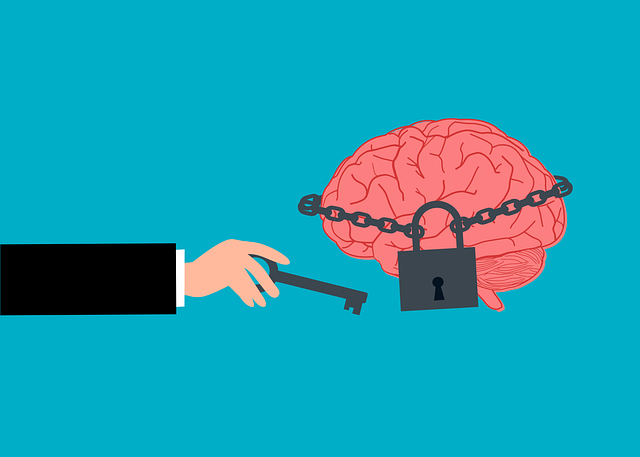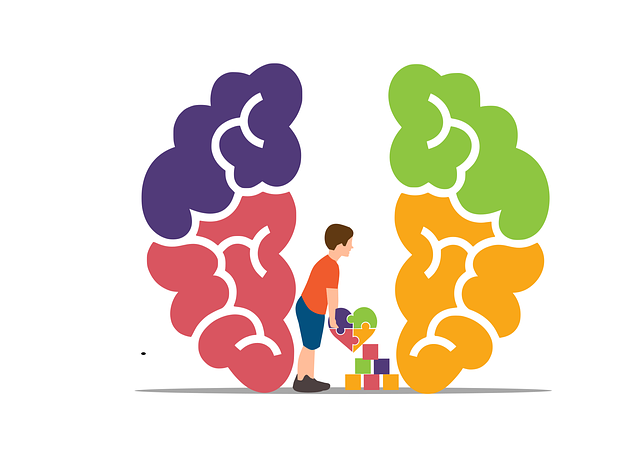The stigma around mental illness significantly impacts young children's development, leading to isolation and fear of seeking help. To combat this, tailored therapy like Dialectical Behavioral Therapy (DBT) is crucial, teaching coping skills and emotional regulation to empower kids. Mental Health Education Programs in schools and community outreach initiatives foster empathy and create accepting environments for young people facing mental health challenges. Systemic changes, including policy reforms and advocacy, are necessary to ensure equitable access to therapy for young children, promoting a culture of support and understanding for those dealing with mental illness.
Mental illness stigma remains a significant barrier, especially for young children. This article explores comprehensive strategies to reduce this stigma, focusing on its profound impact on young minds. We delve into evidence-based practices like Dialectical Behavioral Therapy (DBT), which offers therapeutic approaches tailored for children. Additionally, we discuss community engagement and education initiatives, policy advocacy, and systemic changes needed to foster inclusion and support. By addressing these aspects, we aim to empower individuals and communities in the fight against mental illness stigma.
- Understanding Mental Illness Stigma and Its Impact on Young Children
- The Role of Therapy in Breaking Down Stigma: A Focus on Dialectical Behavioral Therapy (DBT)
- Community Engagement and Education: Strategies for Reducing Stigma
- Policy Changes and Advocacy: Push for Systemic Support and Inclusion
Understanding Mental Illness Stigma and Its Impact on Young Children

Stigma surrounding mental illness can have a profound impact on young children’s development and well-being. Often, societal perceptions present mental health issues as something to be ashamed of or feared, leading to misconceptions and discrimination against those affected. This can result in children internalizing these negative views, causing them to feel isolated and unable to seek help when needed. For instance, a child struggling with anxiety might believe they are weak or odd, preventing them from participating in social activities or even admitting their difficulties to parents or teachers.
Efforts to reduce this stigma play a crucial role in encouraging young individuals to open up about their struggles. One effective approach is incorporating therapy tailored for children, such as Dialectical Behavioral Therapy (DBT), into mental health support systems. DBT focuses on teaching coping skills and emotional regulation, empowering kids to navigate their emotions and stress responses. Additionally, designing Mental Health Education Programs that foster empathy-building strategies within schools can help normalize conversations about mental illness. Community outreach programs implementing these educational initiatives alongside supportive services are game changers in fostering a more accepting environment for young people facing mental health challenges.
The Role of Therapy in Breaking Down Stigma: A Focus on Dialectical Behavioral Therapy (DBT)

Stigma surrounding mental illness can be a significant barrier to young individuals seeking help and support. Therapy plays a pivotal role in breaking down these barriers and fostering an environment where emotions are understood and managed healthily. One particularly effective approach is Dialectical Behavioral Therapy (DBT), designed initially for those with borderline personality disorder, but now recognized as a powerful tool for various mental health concerns, including anxiety disorders.
DBT emphasizes the development of empathy-building strategies and resilience, crucial elements in reducing stigma. Through structured sessions, individuals learn to regulate emotions, improve interpersonal effectiveness, and enhance distress tolerance. This not only helps young people manage their symptoms but also fosters a sense of self-acceptance and understanding from others. By learning coping mechanisms and building resilience, they can navigate life’s challenges with greater ease, thereby decreasing the fear often associated with mental health struggles and encouraging early intervention for anxiety relief.
Community Engagement and Education: Strategies for Reducing Stigma

Community engagement and education play a pivotal role in stigma reduction efforts for mental illness. By fostering open dialogues and providing accurate information, communities can dispel myths and misconceptions surrounding mental health challenges. Educational initiatives can take various forms, such as workshops, support groups, or community events that promote mental health awareness. These activities encourage self-awareness exercises and emotional healing processes by normalizing conversations about mental well-being.
One effective strategy within this framework is incorporating evidence-based therapies into community programming. For instance, Dialectical Behavioral Therapy (DBT) has proven beneficial for both adults and young children, offering skills to manage emotions and improve interpersonal relationships. Such therapeutic approaches not only support individuals facing mental health issues but also contribute to a more supportive and understanding community environment.
Policy Changes and Advocacy: Push for Systemic Support and Inclusion

Mental illness stigma reduction requires a systemic shift, beginning with policy changes and advocacy efforts. By pushing for policies that prioritize mental health support, we can create an inclusive environment where individuals seeking therapy, such as young children participating in dialectical behavioral therapy (DBT), feel welcomed and understood. This involves integrating mental health services into primary care settings, ensuring equitable access to therapy, and promoting education campaigns that foster emotional intelligence and compassion cultivation practices.
Advocacy groups play a pivotal role in driving these changes by raising awareness, challenging discriminatory practices, and pushing for policy reforms. Through collective action, we can dismantle barriers that prevent individuals from accessing the mental health care they need. By embracing mind over matter principles and cultivating compassion, society as a whole benefits from reduced stigma, fostering an atmosphere of support and understanding for those facing mental illness.
Mental illness stigma reduction is a multifaceted approach that involves understanding its profound impact, especially on young children. Through therapy, specifically Dialectical Behavioral Therapy (DBT), and community engagement, we can foster an environment of acceptance and support. Education plays a pivotal role in breaking down barriers, while policy changes advocate for systemic support and inclusion. By combining these efforts, we can ensure that young individuals receive the necessary care and support, ultimately reducing the stigma surrounding mental health issues.










